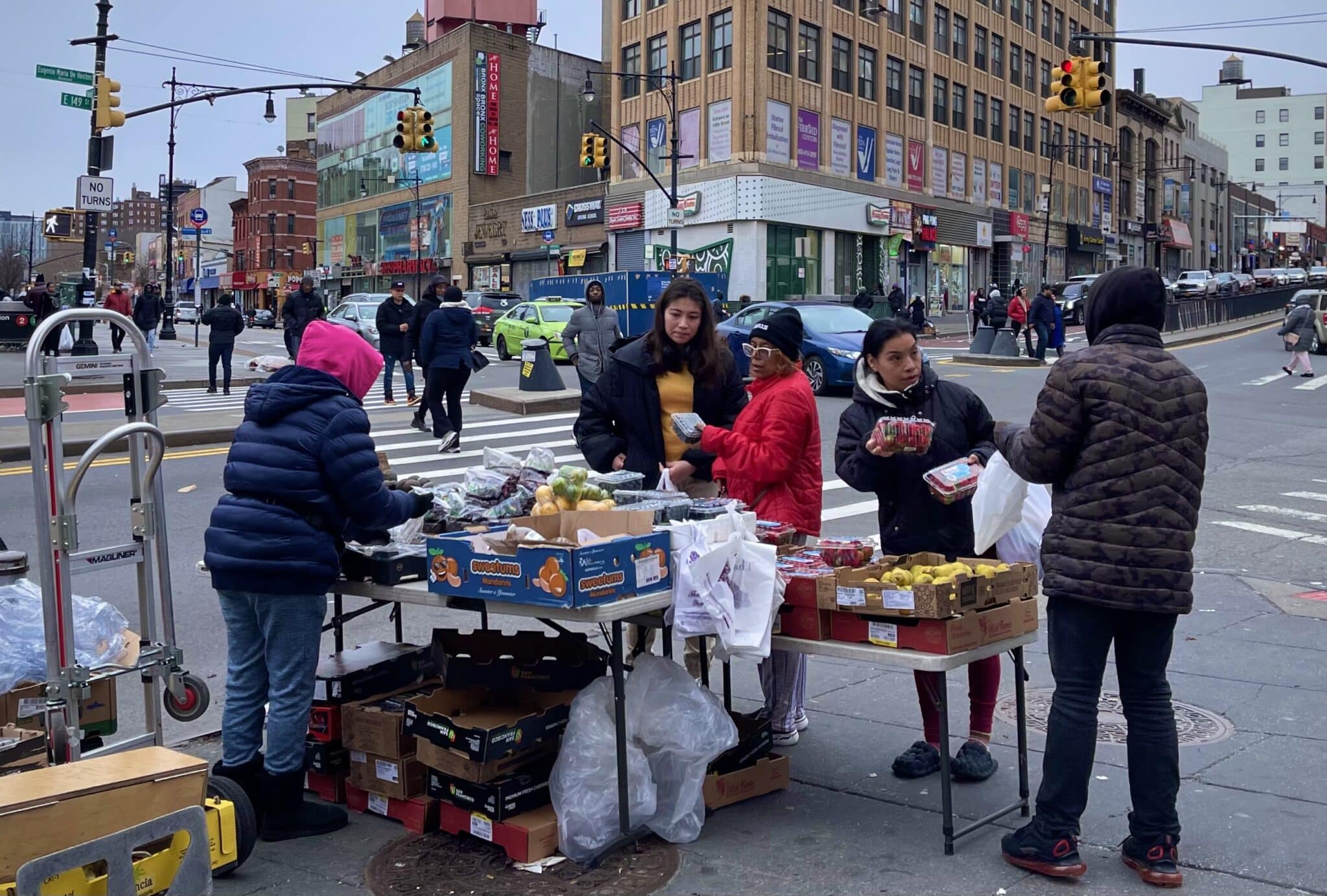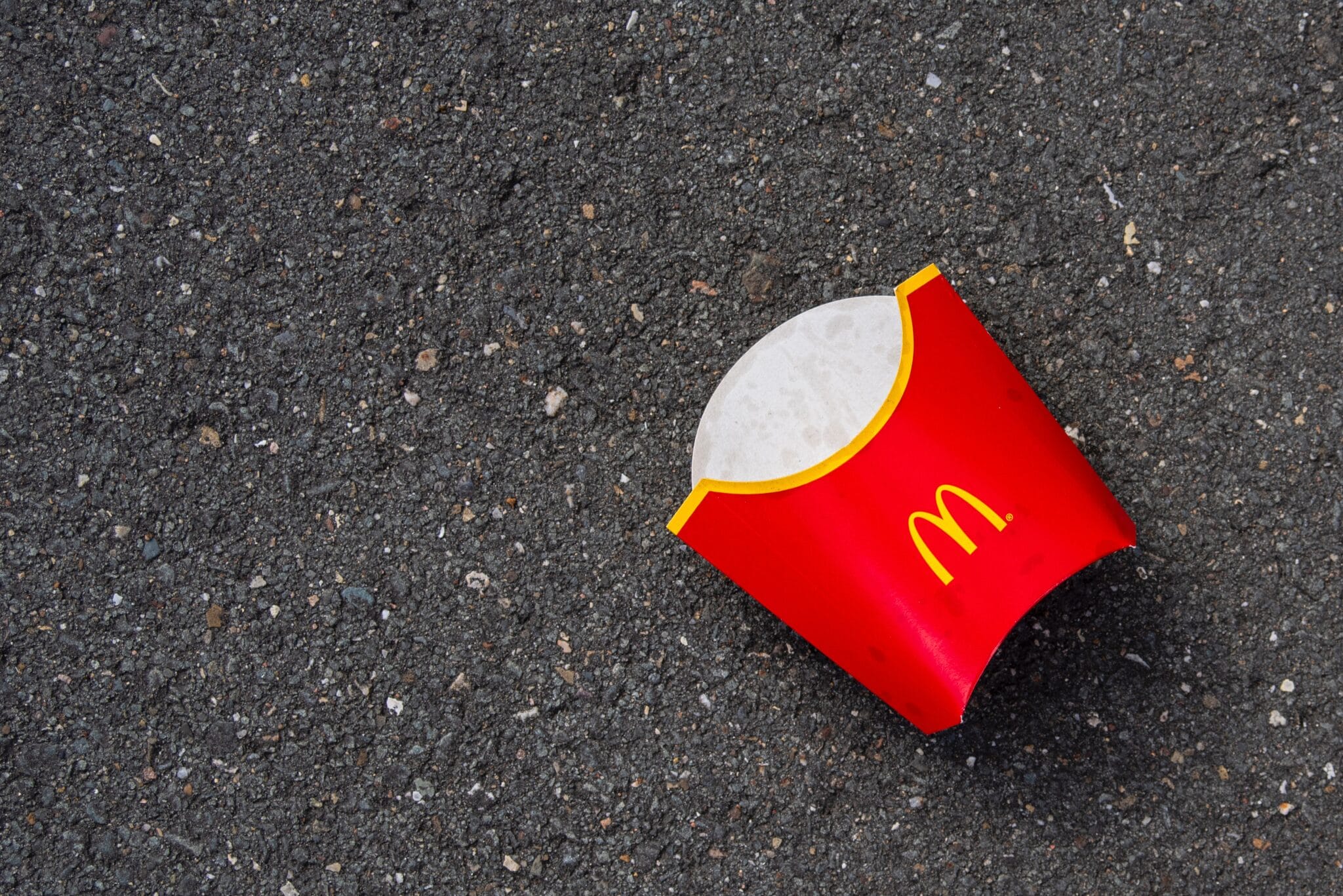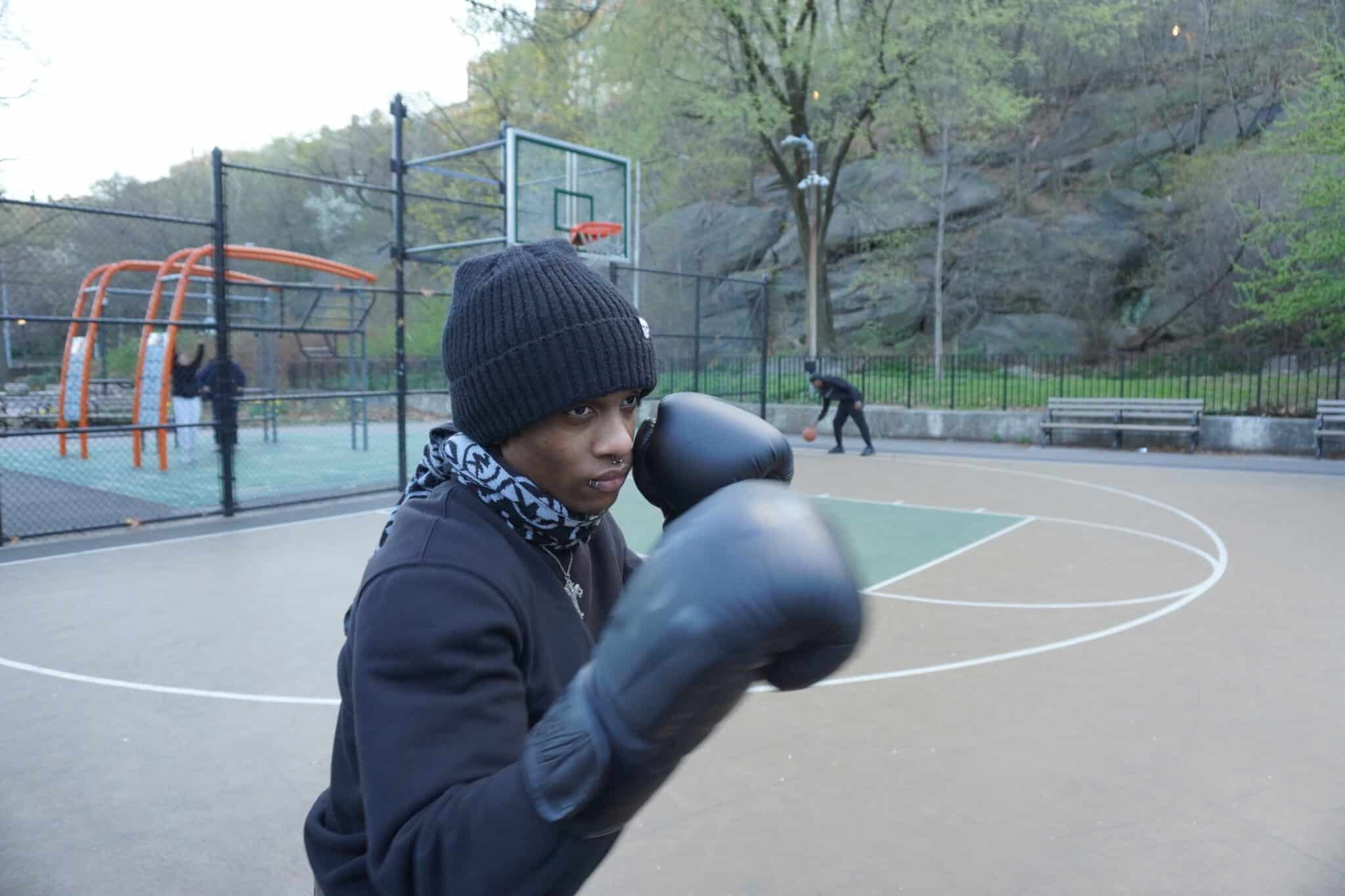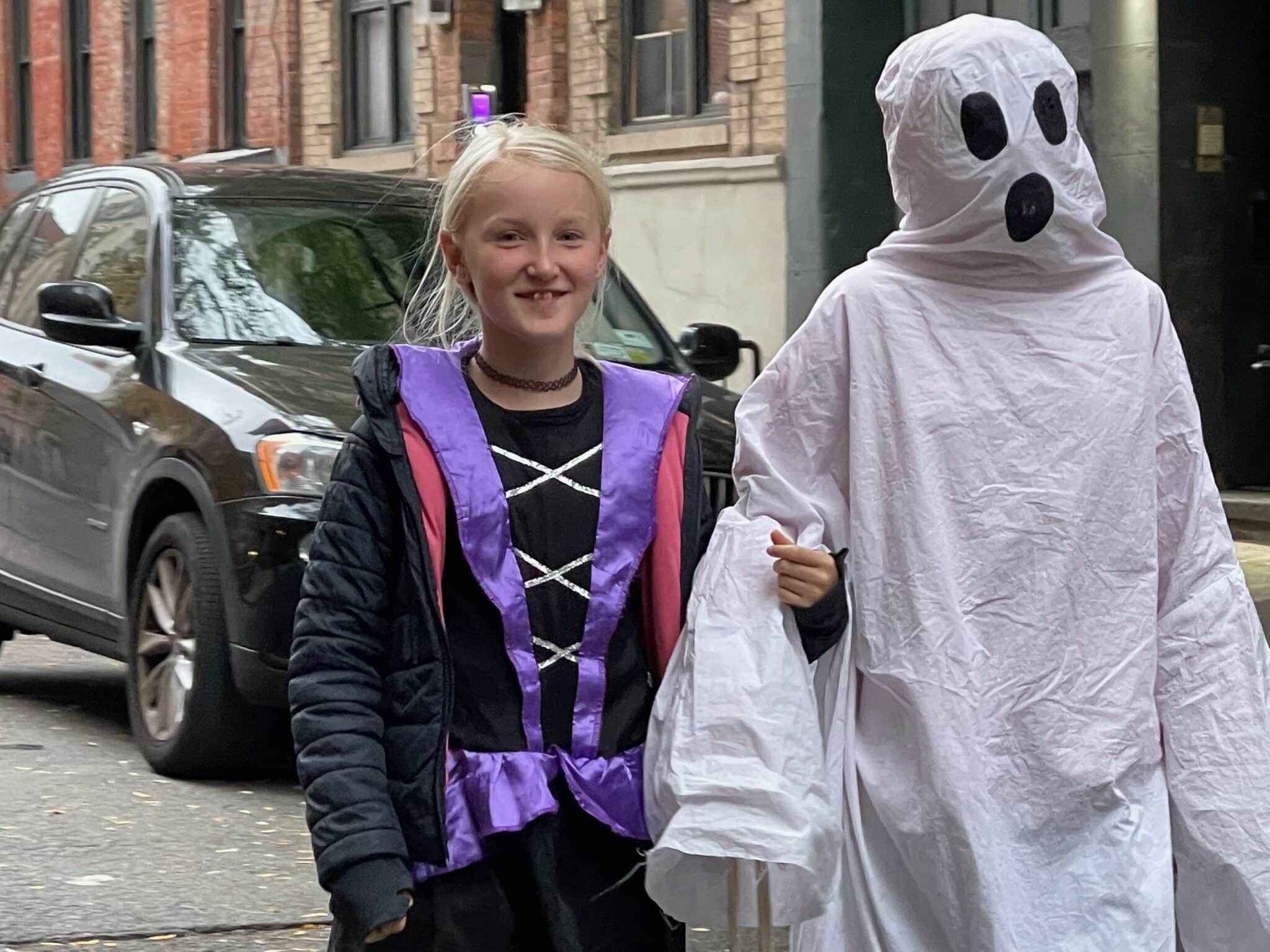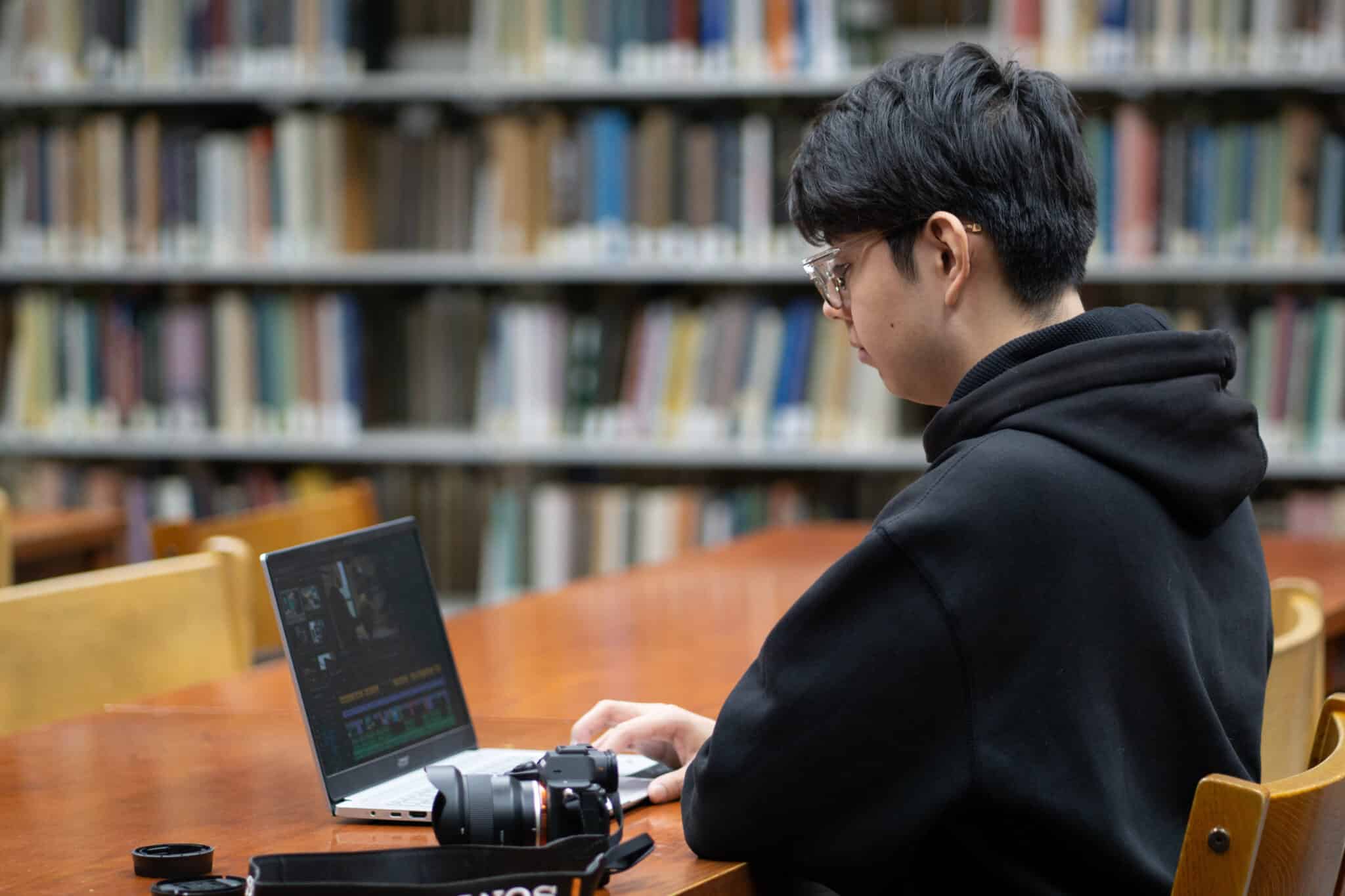Fruit stands run by migrant women attract regular customers in the South Bronx. Photo by LIzbeth Fuentes Ascencio
“Strawberries! One dollar! One dollar!” a fruit seller in the South Bronx calls out. You hear the cry from almost every corner where migrant women sell ripe berries in all kinds of New York City weather. “I came with the dream that everyone comes here with, to excel beyond our capabilities,” said Elizabeth Lema from Ecuador.
The fruit sellers are among an influx of recent immigrant arrivals. Almost 15,000 asylum seekers reached Manhattan one cold night in December, 2023, bused from Texas. That was the largest number of migrants to arrive in a single night, according to the Asylum Seeker Arrival Center. They joined the more than 180,000 migrants who have come to New York since 2022. They get work where they can. For some that means cleaning houses or caregiving, but others join an established network of immigrant fruit and vegetable sellers who have been street vending in the South Bronx and other neighborhoods for years.
Vendors like Elizabeth Lema work long hours to meet their basic needs. Her goal, she said, is to “…ask for asylum and get my residency here. That would be most ideal.” Seven blocks from Elizabeth’s corner Miriam, also from Ecuador, started her job as a vendor recently. She works from 6 a.m. to 2 p.m., and then another woman takes her place. “There is no other job. Now that we’re here, what else can we do?” said Miriam.
People were reluctant to talk about how the fruit selling is organized. But women told us that a man they call “El Señor” picks up the fruit at 3 a.m. and delivers it to women on the street corners. “He comes to deliver it and then I have the job to get here early and just sell the fruits,” said Elizabeth.
Many residents of the South Bronx buy from the women. While we watched, one stand served as many as nine customers in five minutes. The vendors offer bargains – 16 ounce boxes of strawberries for $1 and 6 ounces of blueberries for $2. As of March 2024, the local Food Bazaar supermarket sold 16 ounce boxes of strawberries for $7.39, and 6 ounce boxes of blueberries for $5.99. Even a warehouse club store like BJs, sells strawberries for $5.79 and blueberries for $5.39.
On 3rd Avenue and 149th Street, Natalia, another strawberry vendor from Ecuador, said, “When the economy is good, I sell about 20 boxes like this one. Otherwise they don’t sell well.”
While they provide a convenient and affordable source of ripe produce to the community, the vendors often operate without licenses because it is difficult, if not impossible, to get a New York City vendor’s license. Numbers are capped for non-veterans and there’s red tape, plus a $70 dollar fee for a year’s license. But selling without a license can bring a fine of up to $1000 and the police may even confiscate their goods. In 2021, the City Council’s Local Law 18 was passed to create a new system for providing licensing and permits each year for ten years. Yet 10,000 people remain on the waitlist and as of September 2023, only 14 new permits had been issued, according to the New York Times.
Ana, from Guatemala, has been selling fruit for 13 years. She said she likes the job, but the city makes it tough. Talking of enforcement, she said, “It is wrecking our stuff, giving us tickets. It’s impossible to gather $2000 if you have to pay off a fine.” The city enforcement not only creates financial hardship and a climate of fear. “Here you also have to pay taxes. I pay taxes. But they should be a little more considerate with what the people are allowed to do in the streets,” she said.
But as the migrant women struggle to gain a foothold in America, there will still be bargains on the South Bronx streets despite the hardships.
Tags: central American migrants fruit sellers Migrants migrants Ecuador migrants NYC vendors vendors South Bronx vendors' licenses NYC
